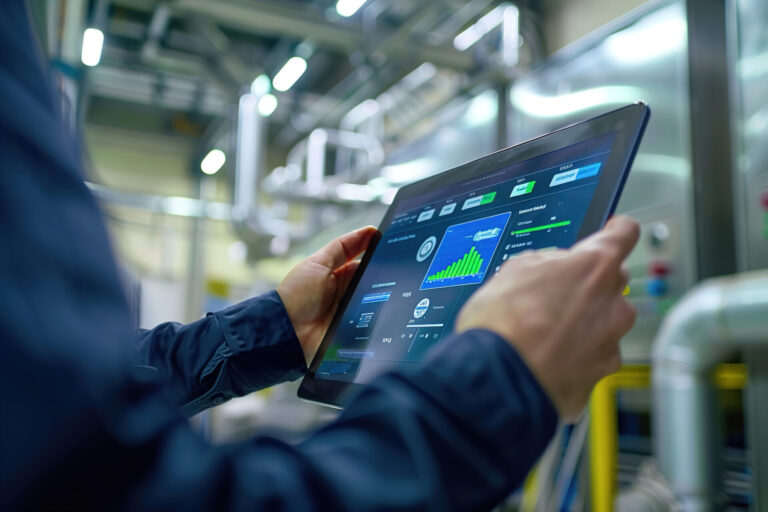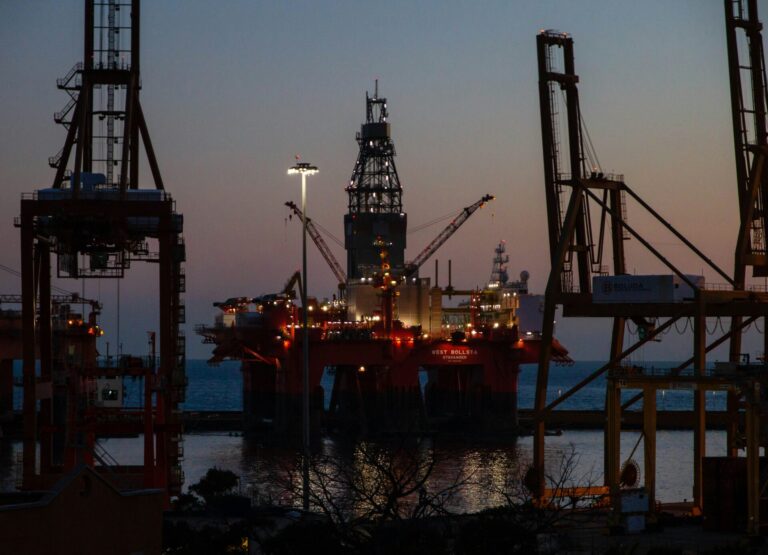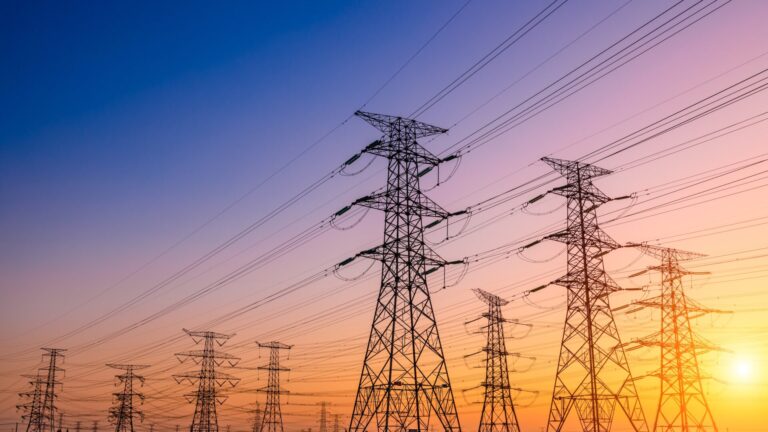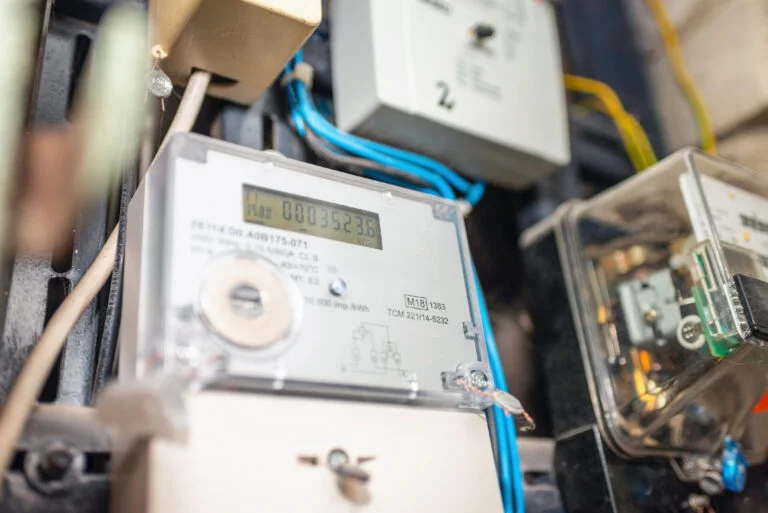In an era where sustainable energy solutions are paramount, the Viking Link project stands out as a beacon of innovation and cooperation between nations. This ambitious electrical interconnector seeks to bridge the energy systems of the UK and Denmark, enabling both countries to share renewable energy resources more efficiently.
What is the Viking Link Project?
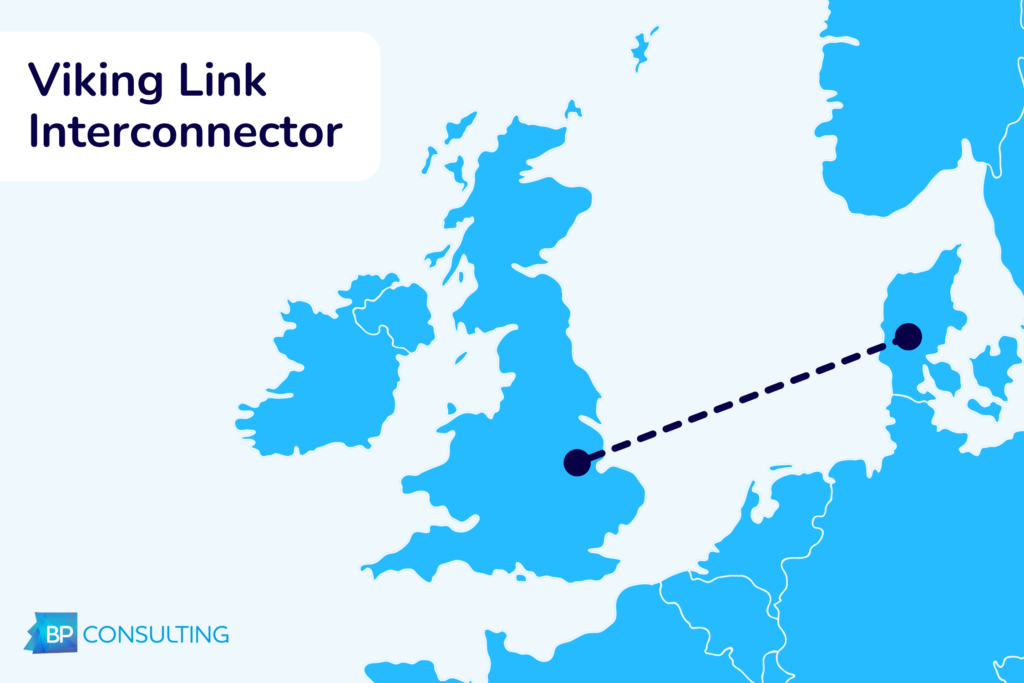
Benefits of the Viking Link Project
-
Enhanced Energy Security
By connecting the UK and Danish grids, the Viking Link will help both countries ensure a more stable and reliable energy supply. It provides a way to balance the energy loads between nations, compensating for intermittent renewable generation like wind and solar.
-
Environmental Impact
One of the project's key benefits is its contribution to reducing carbon emissions. By facilitating the exchange of surplus renewable energy, the Viking Link supports the broader goals of both nations to achieve a greener, more sustainable energy future. Over the next decade, it's expected to deliver cumulative savings of over £500 million for UK consumers through access to cheaper, imported power from Denmark.
-
Economic Advantages
The construction and operation of this interconnector created over four million working hours and is expected to stimulate economic growth in both regions. Additionally, it offers the potential to help moderate electricity prices by smoothing out supply and demand fluctuations across wider geographical areas.
Viking Link Project Details
Current Status and Timeline
The Viking Link project is more than just a physical link between two countries; it is a significant step towards a collaborative, sustainable future. By enabling more efficient use of renewable energy and fostering energy trade, the Viking Link will play a crucial role in the energy landscapes of both the UK and Denmark. As we move forward, projects like Viking Link will be critical in shaping our approach to energy consumption and environmental responsibility, demonstrating that together, nations can work towards a more sustainable world.



